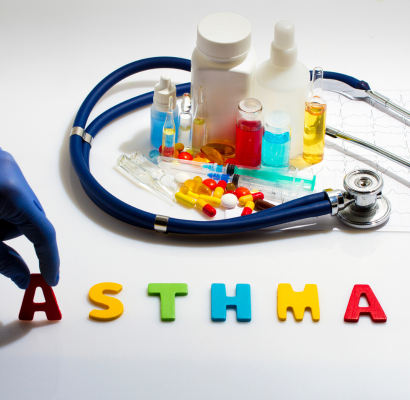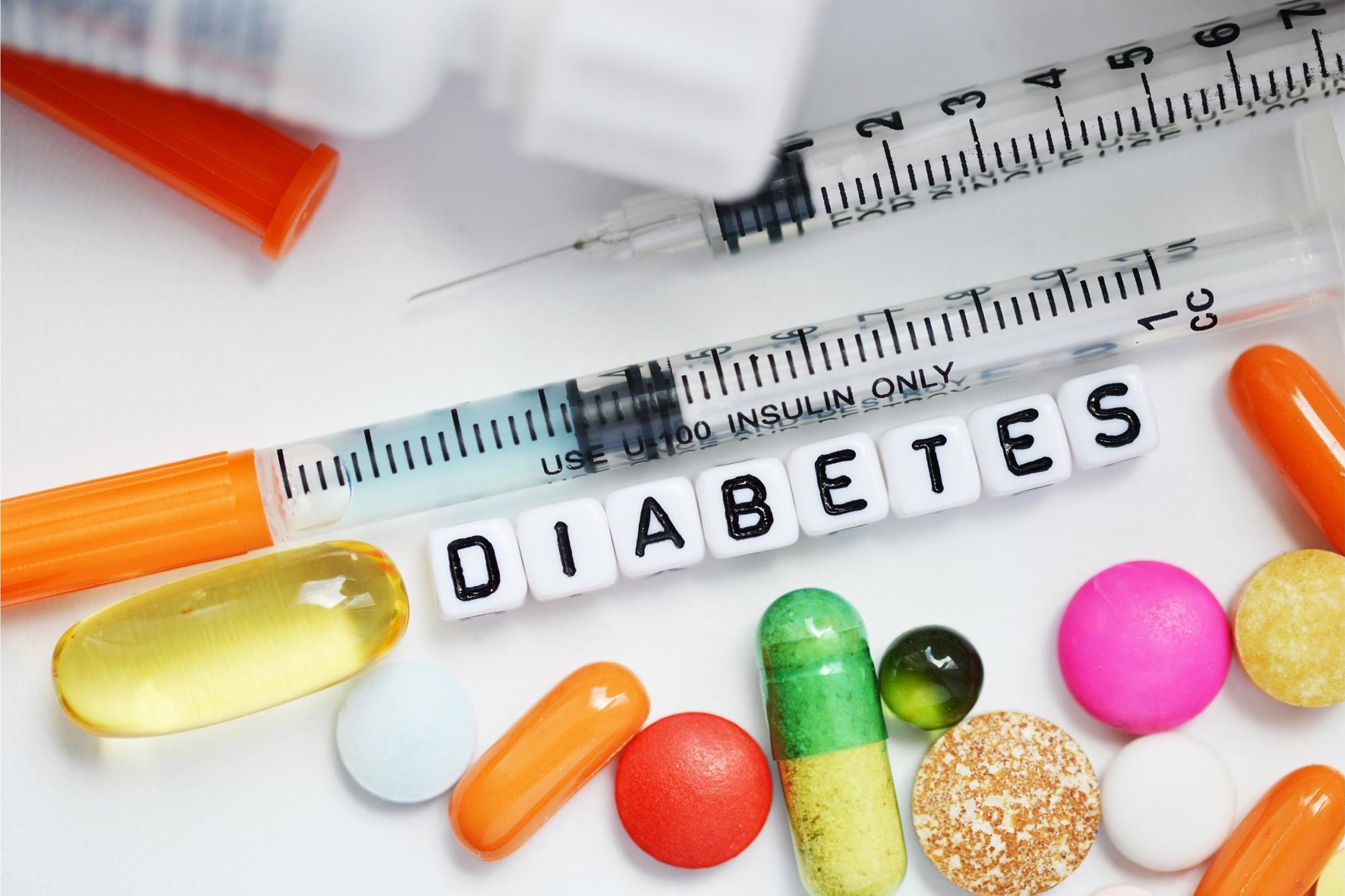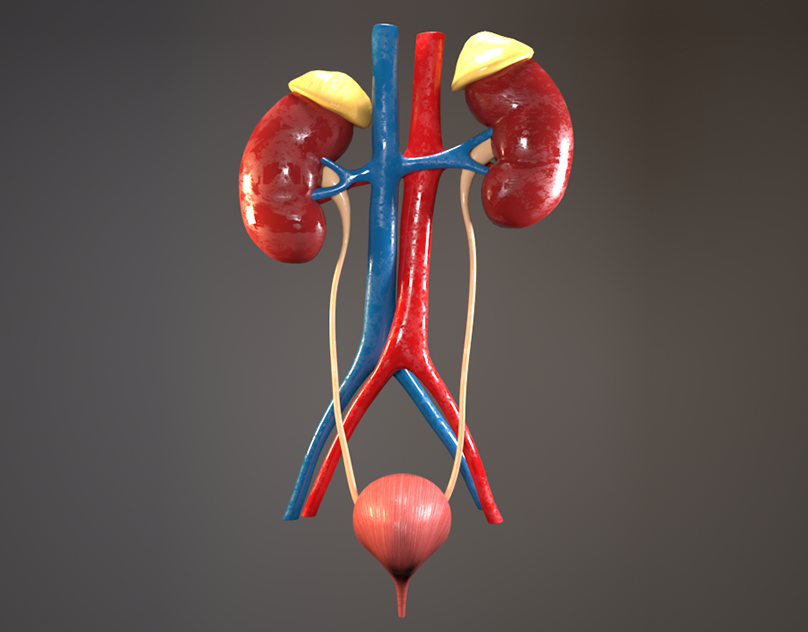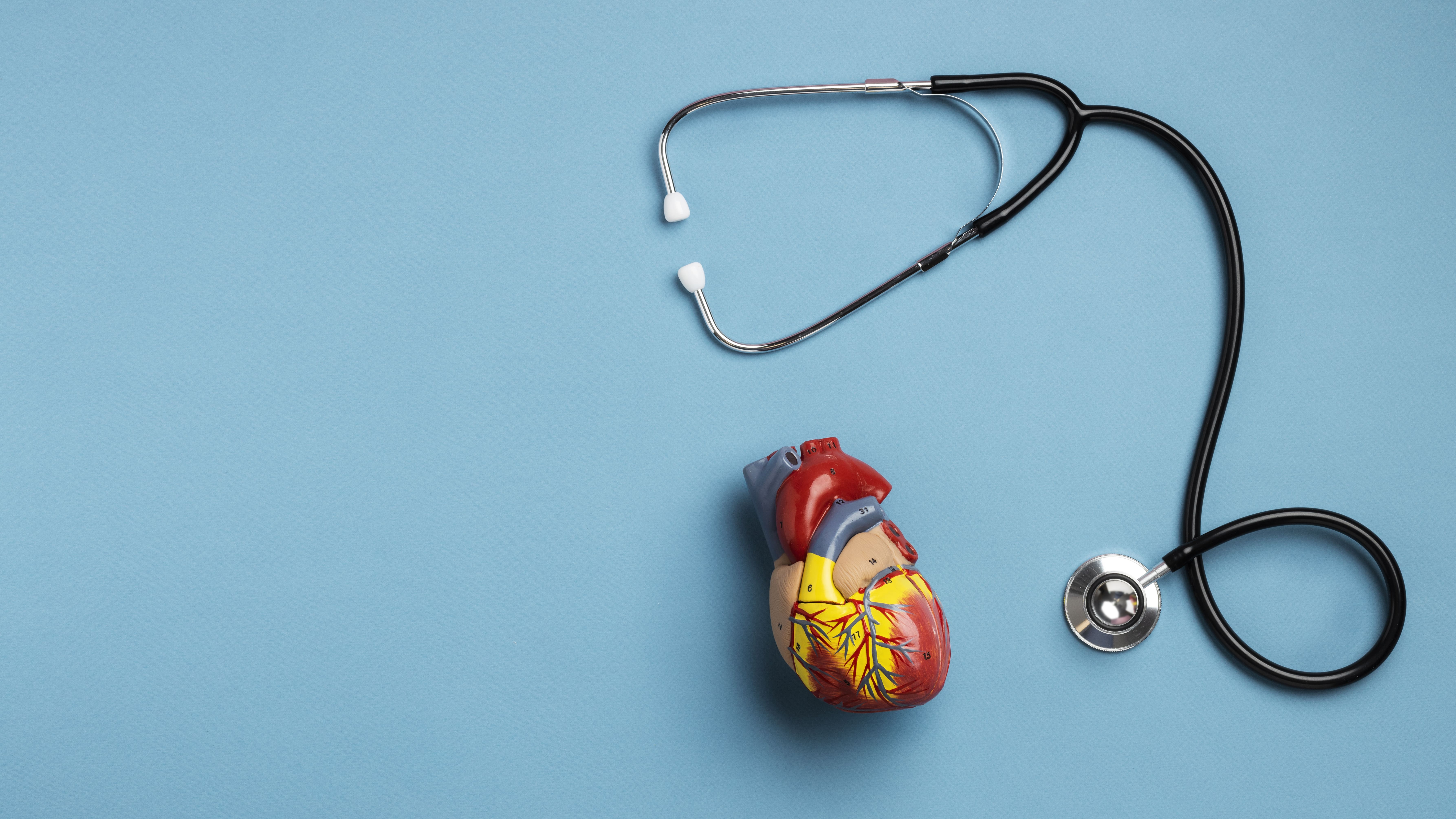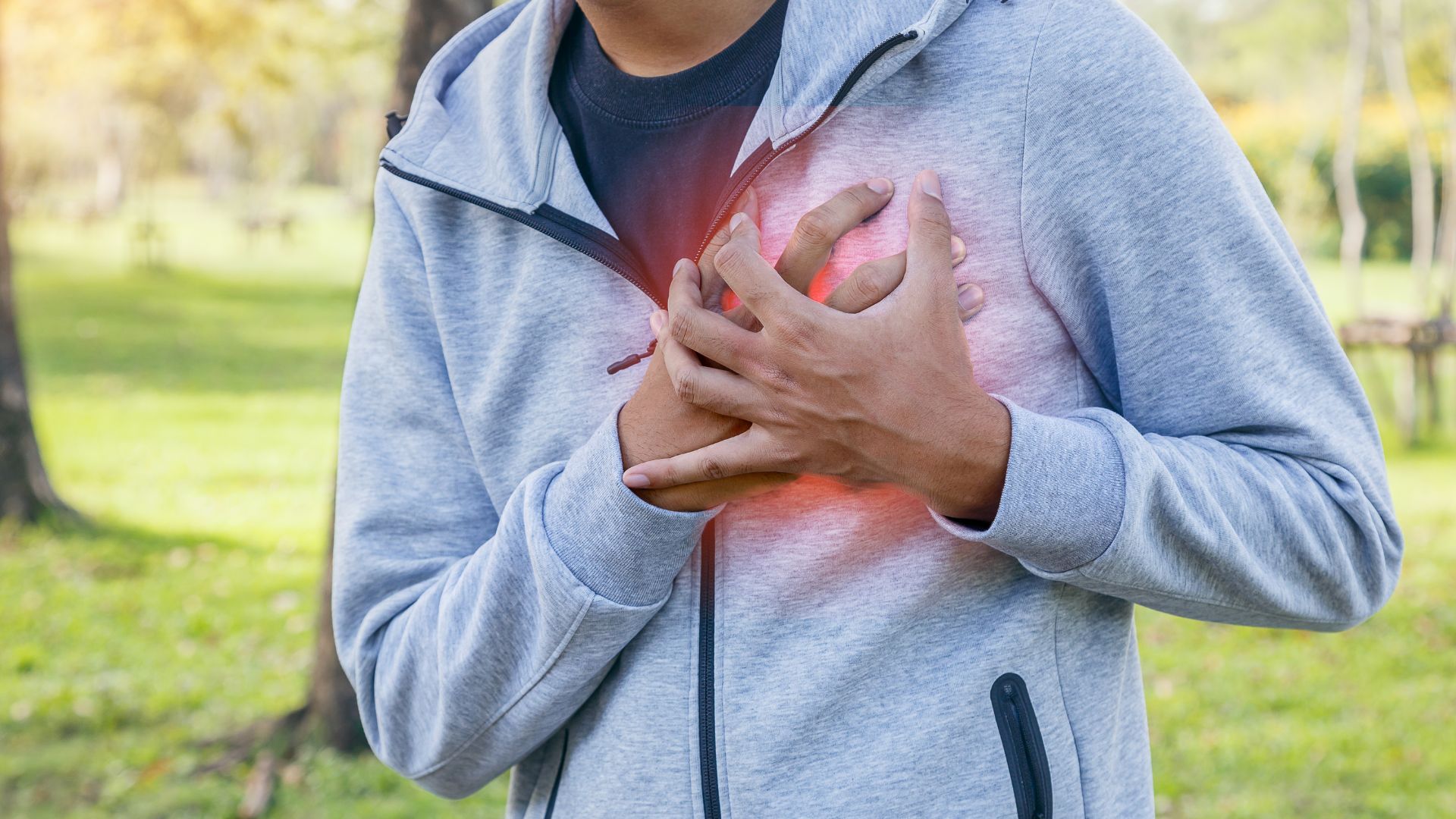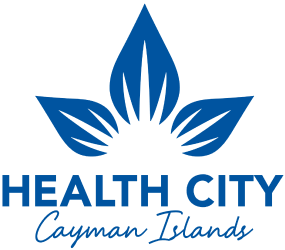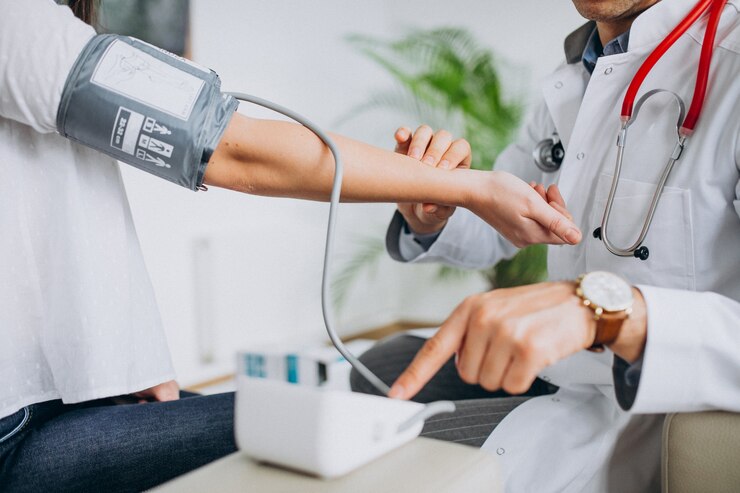
Hypertension In Young People
March 14, 2024
High blood pressure, also known as hypertension, generates a high force of blood pushing on the blood vessels’ walls. This causes the heart to pump harder, putting the arteries under great strain as they have high pressured blood. Above-normal blood pressure is typically anything over 120/80 mmHg. Sadly, this issue is becoming more widespread in children. The good news is that making simple lifestyle changes, like incorporating healthy low-fat foods in the diet, and doing regular physical activities can reduce the risk of hypertension.
Types of Hypertension
Hypertension has been broadly separated into two types according to the risk factors.
Primary (Essential) Hypertension
There is no identified reason for primary or essential occurrence. This type of hypertension is usually found in children age six or older. The risk factors are:
- Being obese or overweight,
- A family history of high blood pressure,
- Type 2 diabetes/high fasting sugar level,
- High cholesterol,
- Eating too much salt,
- Being male,
- Having a black complexion,
- Being sedentary, and
- Any type of smoking, whether active or passive.
Secondary Hypertension
This type of hypertension is usually caused by an underlying condition and is commonly found in young children. Some of these conditions include:
- Hyperthyroidism;
- Chronic kidney disease;
- Heart troubles;
- Adrenal disorders;
- Pheochromocytoma, a rare tumour of the adrenal gland;
- Renal Artery Stenosis (narrowing the artery to the kidney);
- Sleep disorders, especially obstructive sleep apnea;
- Certain medicines; and
- Drug use.
Causes
With primary/essential hypertension, there is no distinct cause. Some contributing factors include:
- Kidney disease,
- Lung problems,
- Heart problems,
- Obesity,
- Certain medicines,
- Genetic conditions, and
- Hormonal disorder.
Symptoms
Hypertension does not show any significant symptoms, except when it becomes more severe. Some of those include:
- Headache,
- Blurry vision,
- Dizziness,
- Nosebleeds,
- Fluttering and racing heartbeat (palpitation),
- Nausea,
- Seizures,
- Chest pain, and
- Shortness of breath.

Complications:
If the treatment is not provided in the initial stage to the children, then it can be carried further in the future. If the childhood trouble of hypertension continues to adulthood, then the child will at the risk of:
- Stroke,
- Heart Attack,
- Heart failure, and
- Kidney failure.
High Blood Pressure Management Guidelines
There are some guidelines which parents can follow to safeguard their children against hypertension.
- After the age of three years old, your child’s blood pressure should be measured every year. This check is essential for children who have obesity, a history of aortic arch obstruction, or coarctation, and who take medicine for increased blood pressure, renal disease, and diabetes.
- For blood pressure screening of children, oscillometric devices are used.
- Ambulatory blood pressure monitoring can be done for the children having a history of hypertension from one year or with high-risk conditions. It has been validated for paediatrics.
- If your child has hypertension, get clearance from a doctor before letting him/her participate in sports.
Treatments
If blood pressure is high due to some other medical conditions such as kidney disease and lung diseases, after following a regular treatment procedure related to these diseases, the issue of hypertension will be solved. Doctors should recommend lifestyle changes that should be followed by the hypertension patient. Some recommendations are below.
Eat a Healthy Diet
- Incorporate more fruits, leafy vegetables, and low-fat dairy in your diet.
- Take a limited quantity of salt.
- Avoid caffeine that is commonly found in sodas, tea, coffee, and energy drinks.
- Say no to alcohol.
Get Regular Exercise
Hypertension patients should try to do exercise daily. If that is not possible, then try to exercise for 30-60 minutes, at least three times a week. In the case of a teen with severe hypertension, weightlifting or power-lifting, bodybuilding, and strength training should be avoided. These activities may be pursued once their blood pressure comes down and is stable in the normal range, and the doctor approves.
Do Not Smoke
People with hypertension should say a strict “NO” to smoking and should live in
a smoke-free area if possible.
